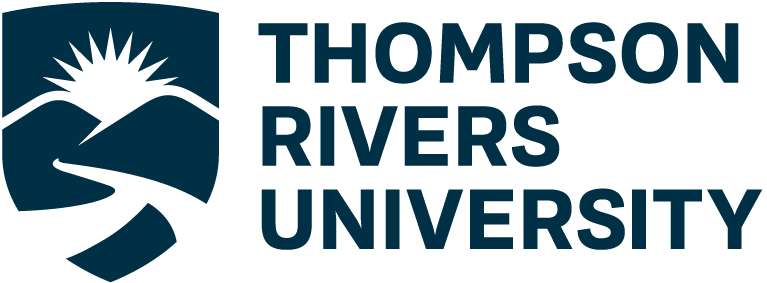Finding Research That You Care About
Research Ambassador Blog Post By: Gwen Freeze
So often we talk to friends who know exactly what they want to do with their lives. Come to the end of high school, they are dead set on being doctors, business owners, occupational therapists, and so on. I was never one of those people who knew what they wanted to do. I liked all my classes so much during my first two years at university that I found myself perplexed at how someone could be so sure of their career. At times, I imagined myself being a physiotherapist equally as much as I did an environmental consultant; there were even instances when I wondered if I should’ve done a business degree instead. But now that I’m in my fifth year and getting ready to graduate, I can say with confidence that if you are anything like me, finding your own path just takes time.
After my second year of university, I watched many friends start to get involved in research or choose programs like STEM or pharmacy that they wanted to transfer into. In the midst of all my friends making these kinds of decisions, I knew I needed to do something that took me one step closer to finding a path that I wanted to do too. So, during the winter break of my third year, I spotted a website for the TRU Fraser Lab, which is an ecology lab on campus. The Fraser Lab focuses on grassland ecology and mine reclamation: two subjects I was curious enough about after having just taken an ecology course and really enjoying it. I reached out to Dr. Lauchlan Fraser about applying to be an undergraduate research assistant during that summer and was fortunate enough to get the job, as well as receive an NSERC USRA to support my research.
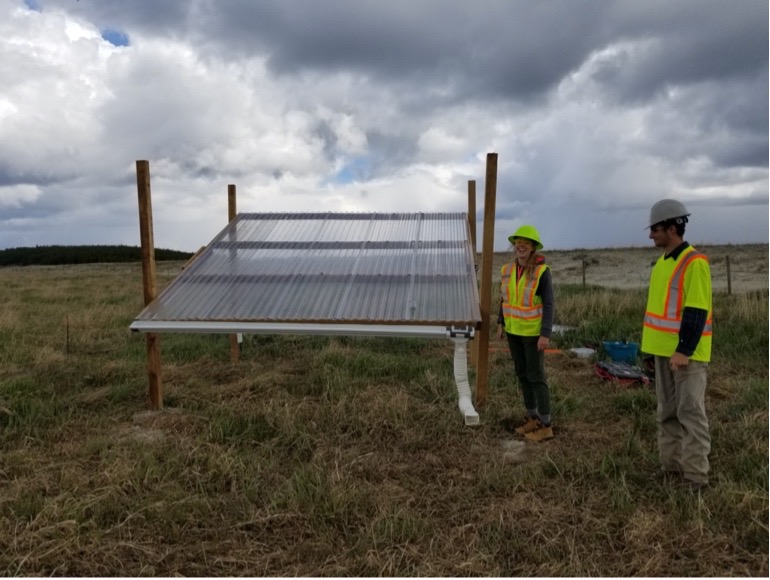
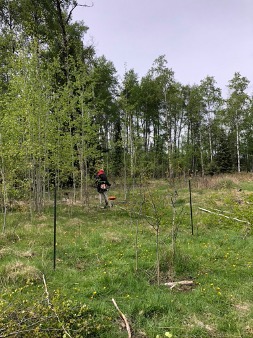
I truly adored this job. I loved being outside all summer conducting research, soaking up the sun, and joking with co-workers. Even in the lab, I learned invaluable skills regarding the scientific method and how to conduct research. However, it quickly became obvious to me that a lot of my biological curiosity was left unfulfilled. Although I was fascinated by ecology, it didn’t feel right for me. I watched my co-workers get so jazzed up about plants and soil, but I just didn’t have the same level of enthusiasm.
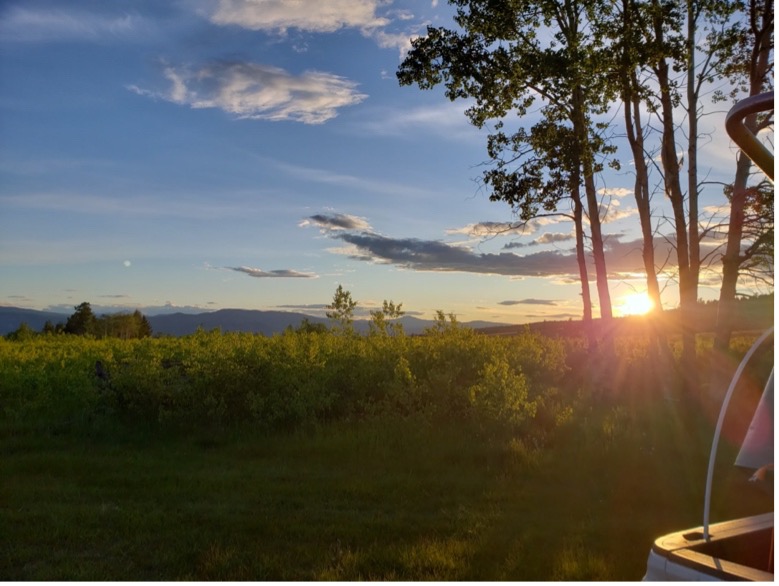
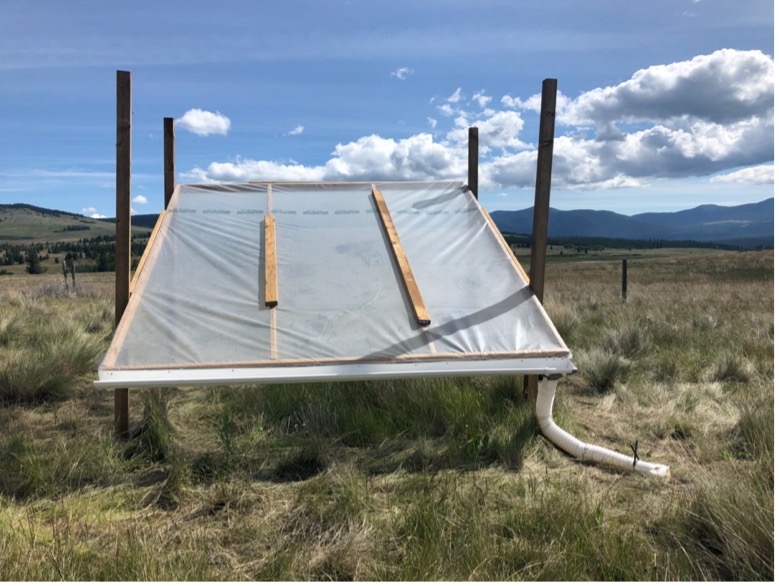
In the semester following my work at the Fraser Lab, I took courses in both human physiology and microbial ecology. I absolutely loved the material in both these classes and found myself curious about the topics even outside of class (a relatively new concept to me). I reached out to Dr. Mark Rakobowchuk—the professor of my human physiology course—and enrolled in Directed Studies with him for the following semester. During this work, I analyzed carotid artery longitudinal wall movement as a novel clinical assessment tool, specifically in evaluating cardiovascular disease risk. I really enjoyed learning about the cardiovascular system but was eager and inspired to relate the human body to microbiology somehow.
The following year, I applied to do my honours project on a multi-disciplinary research project in both microbiology and human physiology. In this work, I am analyzing the effect of a nitrate supplement on Porphyromonas gingivalis, a microbe known to migrate from the mouth to the brain. Once in the brain, it has detrimental effects, specifically in contributing to Alzheimer’s disease pathogenesis. I was incredibly lucky to have the opportunity to work on this research, and it truly felt like my dream project.
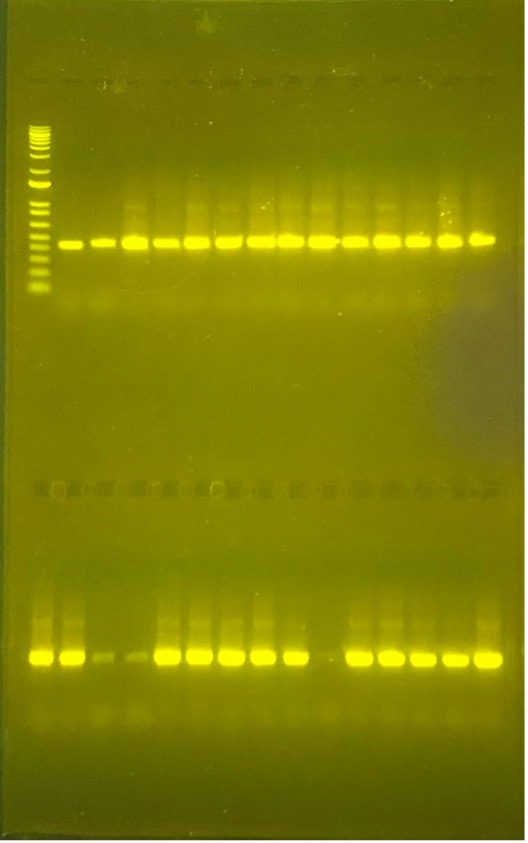
Microbiology and human physiology are two fields of science that I have grown to feel very passionate about. Unlike many of my friends, I did not know from the first day of university that these were fields I’d want to pursue. Additionally, I never would have expected that the fall after my undergraduate degree graduation, I would be headed to Ontario to pursue a Master of Science in exactly these areas. Since grade 12 biology, I knew I loved learning about the human body and its role in health and disease. It aligned well with my values of caring deeply for human health and wanting to make a difference in disease progression in future populations. However, I didn’t know how to translate that passion directly into any long-term goal or career prospects.
The parts of research that I admire the most are sharing my findings with others, teaching the mechanisms underlying my research questions, and submerging myself completely in my projects.
Not only is it hard to realize what you care about, but it is also hard making the choice to pursue research. I had never pictured myself continuing with research after my undergraduate degree. However, with experience, I quickly realized research is something I love and likewise aligns well with my values. The parts of research that I admire the most are sharing my findings with others, teaching the mechanisms underlying my research questions, and submerging myself completely in my projects. These are aspects of research that have not only brought me much joy but have also allowed me to discover much more about myself.
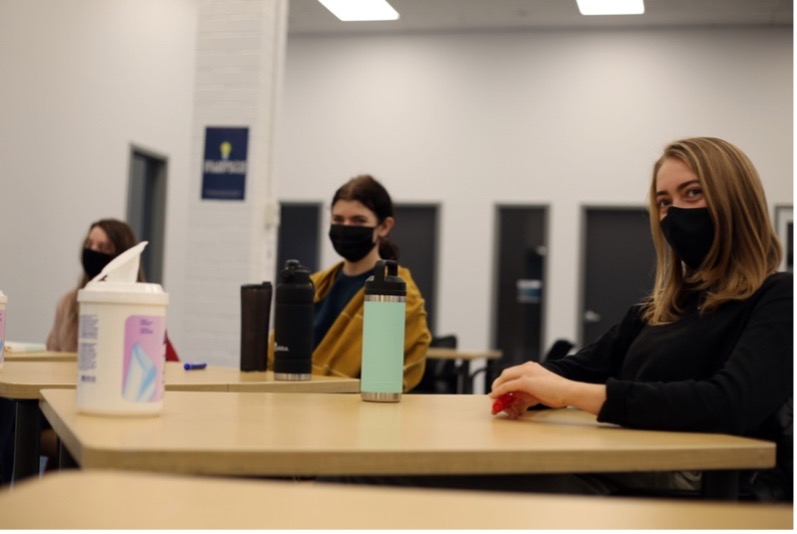
Although my path with research has not been very straightforward, I am beyond grateful for its twists and turns, as it has brought me to where I am today. Not everyone has an idea of what exactly they care about coming out of high school, but after my own experience, I believe that finding any starting place is key to finding your passion. Beginning is always the hardest part, yet it is also what will be most important to your own research journey.
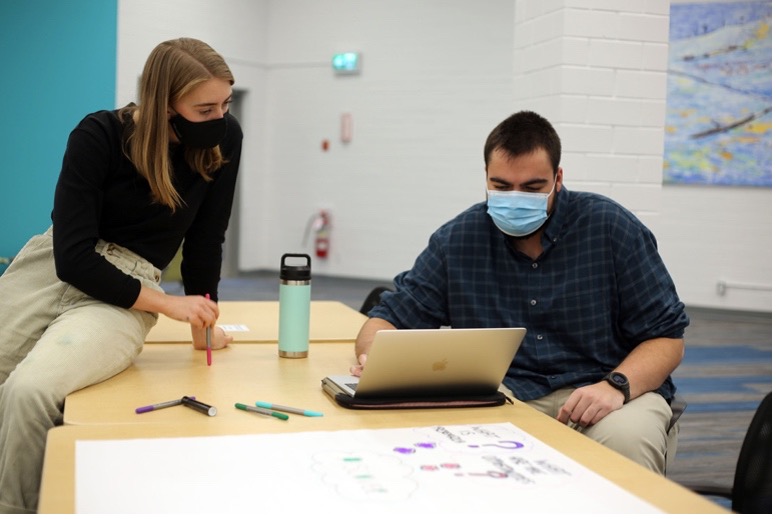
After my own road of twists and turns, I am thankful to have found something that excites me so much. Finding research that you care about is hard; you have to look closely for tell-tale signs that you’ve hit the jackpot. But I think if what you’re doing is making you happy, you’re staying curious about it, and it’s not too scary to picture yourself doing in the future—then you are definitely on the right track.
